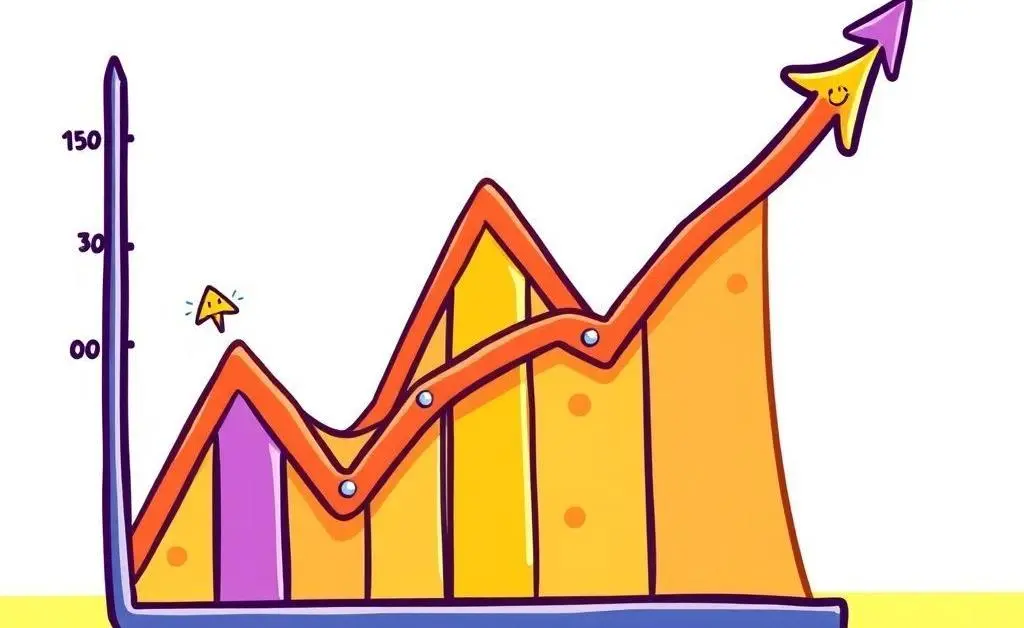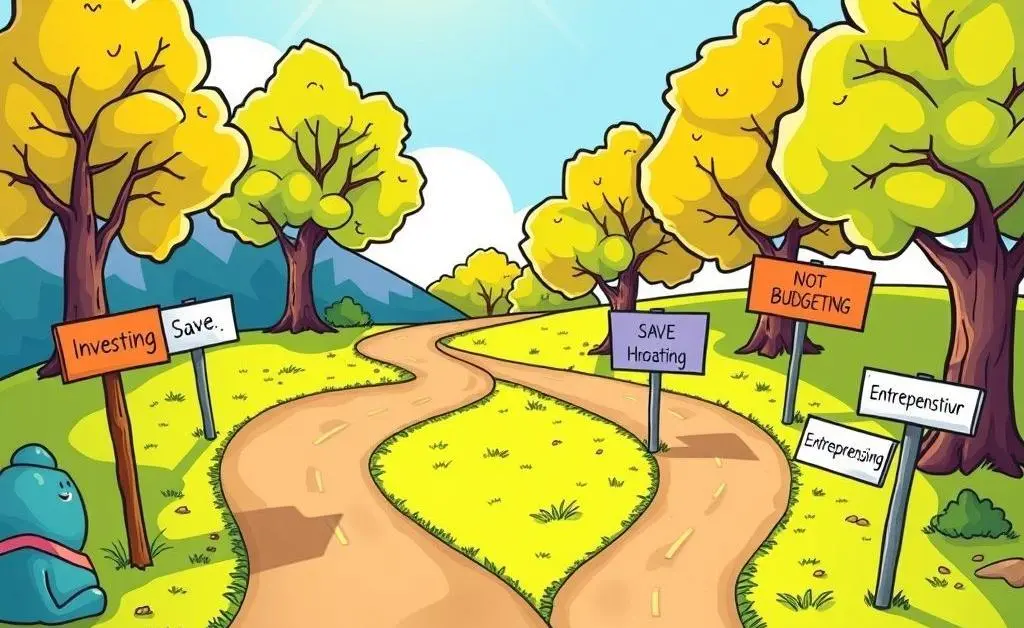Understanding Market Volatility: Why It's Not Always Bad News
Explore market volatility with insights and practical tips on how to navigate financial ups and downs effectively.

Has Market Volatility Got You Shaking in Your Boots?
Market volatility—those wild swings you see on stock charts—can be nerve-racking, but it's not always the enemy. Why? Because beyond the chaos, volatility can offer unexpected opportunities. So, why not dive into this sea of uncertainty with a plan?
Why Expected Earnings Can Fall
Ever wondered why companies' earnings, which investors look forward to, sometimes come crashing down? Earnings can dip due to a variety of factors—think increased competition, high overhead costs, or even regulatory changes. These dips can, in turn, cause stock prices to plummet.

How to Navigate This Rollercoaster
Instead of panicking, consider these strategies:
- Stay Informed: Keep up with market trends and understand the reasons behind volatility.
- Diversify Your Portfolio: Spreading investments can help mitigate risks.
- Consider Long-Term Goals: Think beyond short-term losses to focus on long-term growth.

An Anecdote on Staying Steady
Meet Joe, a fictional investor who's experienced the highs and lows of the stock market more times than he can count. Instead of panicking, Joe took up gardening to calm his nerves whenever the market showed red. Not only did this help him stay grounded, but he also grew a garden worth bragging about!
What's Your Next Step?
It doesn't have to be gardening, but finding your personal 'zen' activity can truly help balance the stress of investing. Remember, a clear mind often makes wiser financial decisions.

So, what's your strategy for facing market volatility? Let's start a dialogue—share your thoughts in the comments below.




